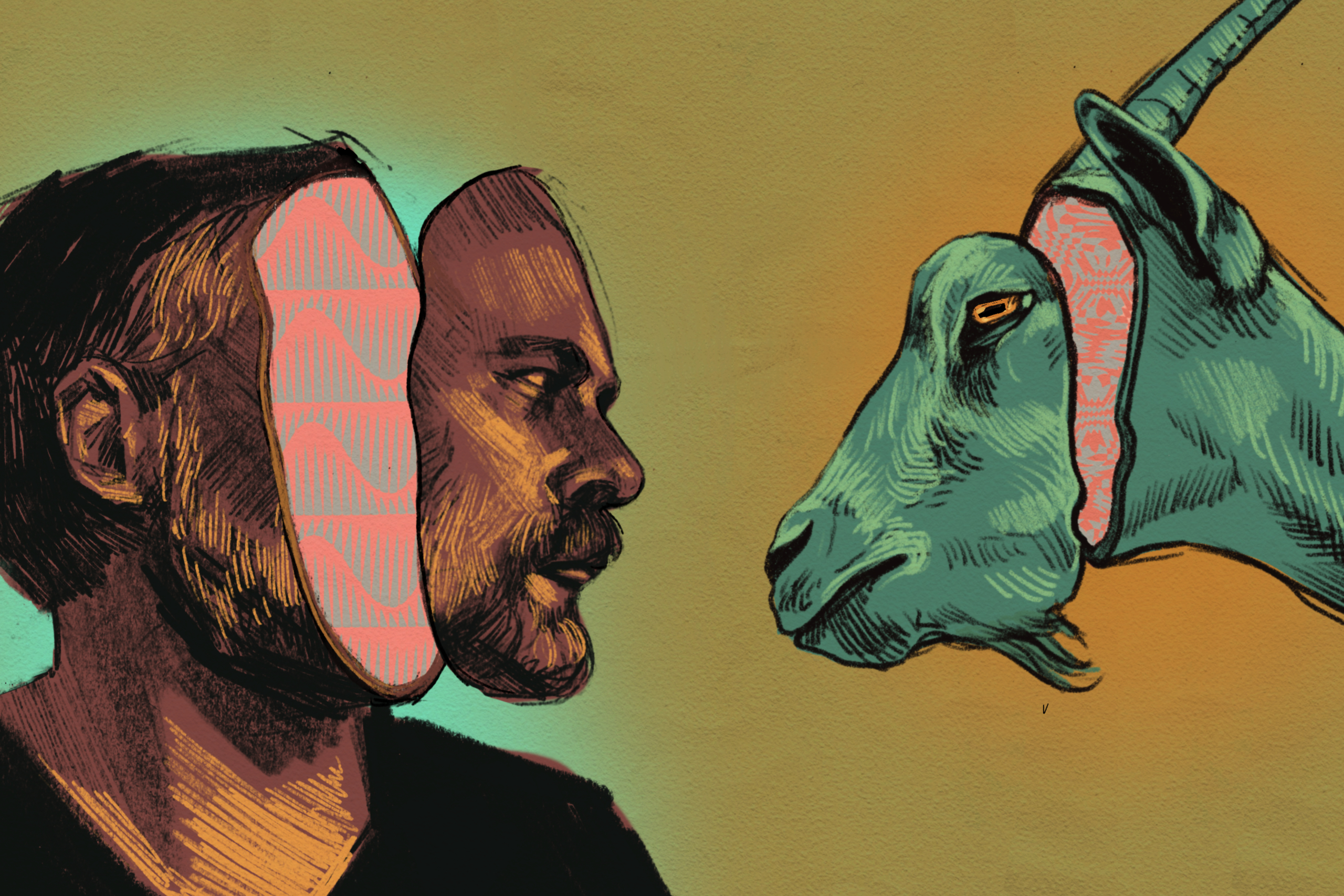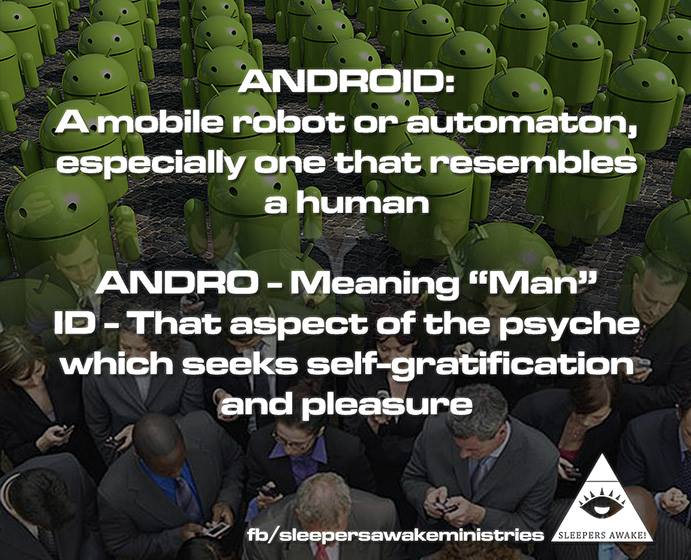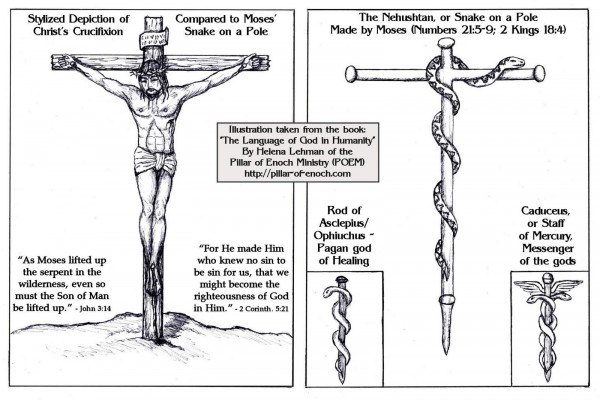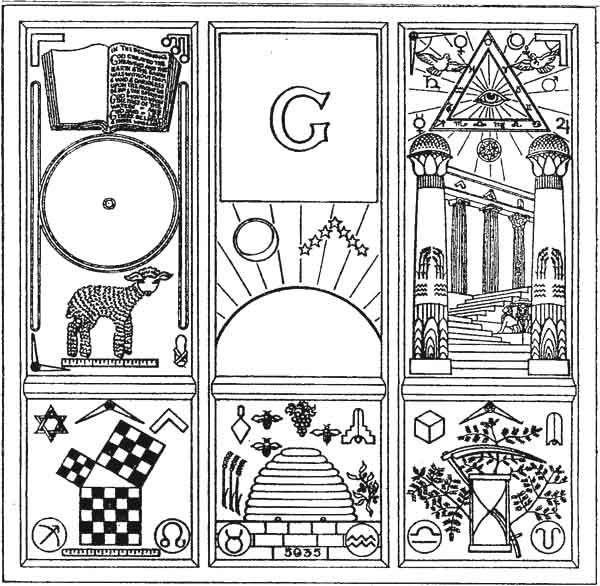A common theme you will find in Philip K. Dick’s writings is the concept of people who do not act human due to their behaviors and how they treat other people.
He claimed that a person who lacks the ethics, empathy, and sincerity that are seen as defining humanity can be considered an android, which he says is “a metaphor for people who are physiologically human but psychologically behaving in a non-human way.”
“The android, by definition, is not human,” Dick wrote. “He is an imitation, a copy of an original. And he must be treated as such.”
The difference between people and androids doesn’t lie in their biological characteristics, but rather in their actions and behaviors. Any person who is compassionate toward others can be called a person; those who lack empathy aren’t human but something else altogether.
Dick says this is especially true if that person has been programmed by their parents or society to live in such a way that they lack empathy towards others.
He called these people manufactured human beings who were much like androids. They can be considered to be “manlike” because they are often made in their image and resemble human beings.
“Androids,” Dick wrote, “are manufactured beings almost identical to real human beings.
He said the android was “a thing somehow generated to deceive us in a cruel way, to cause us to think it to be one of ourselves.”
Dick was also infamous for his claims that many people’s lives were controlled by external forces. That we live in a type of computer simulation.
A theme he used to describe this world was “The Black Iron Prison” of the “Empire (Roman) that never ended.”
In many of his books, androids can have biological and mechanical parts to make them indistinguishable from humans. They can be genetically modified clones of humans (as in Clans of the Alphane Moon).
“An android'” Dick said, “doesn´t care what happens to another android. That´s some of the indications we are looking for.” (Dick 2007, 88).
When a person does not care about how other people feel and just does whatever they want, they are said to lack empathy and sympathy. They can be even diagnosed as sociopathic and even psychopathic if their behavior gets worse.
According to the Oxford Dictionary and the Oxford Advanced Learner´s Dictionary, empathy derived from the Greek term “empatheia” and means “the ability to understand another person´s feelings, experience, etc.”
People who lack empathy have the inability to put oneself in the position of someone else or simply do not care. This is the opposite of the Christian ethos of treating others how you want to be treated or the Freemasonic concept of Brotherly Love.
Dick was interested in artificial intelligence from an early age: he studied philosophy at Berkeley and wrote his first novel — Solar Lottery — while still in his 20s.
The book features a robot who looks like Elvis Presley and is able to sing like him too — which makes it clear that Dick knew about AI long before computers were powerful enough to create anything like it (or even before anyone had thought of making one).
Among the examples of androids in the modern world, Dick sees the unethical and immoral behavior of the German Nazi’s and the police state in which he predicts a future where we would all live in a surveillance society.
Dick had researched the behavior of the Nazis and their treacherous murder campaigns of millions of people. He read how often many of these Germans who became Nazi’s were highly intelligent but emotionally “so defective that the word human could not properly be applied” to them.
This led Dick to a study of “the problem of differentiating the authentic human being from the reflex machine I call an android.”
Dick’s 1956 story “The Android and the Human” is a classic that tells the story of an android that is programed to behave like a human being, but cannot feel empathy or compassion for other humans. This behavior leads to the scientists who created the androids to question what makes us human.
In a lecture on “The Android and the Human” in 1972, Dick discussed the difference between an android and a human. He said;
“I strongly suspect that we will discover in the 21st century that what makes us human is not our physical bodies or our biological processes but rather our minds — our minds in whatever shapes they take — and if we can find ways to communicate with other intelligences we may find that they are not all physical at all.”
Dick said, “…an android means, as I said, to allow oneself to become a means, or to be pounded down, manipulated, made into a means without one’s consent—the results are the same. But you cannot turn a human into an android if that human is going to break laws every chance he gets.”
Androidization requires obedience.
And, most of all, predictability. It is precisely when a given person’s response to any given situation can be predicted with scientific accuracy that the gates are open for the wholesale production of the android life form,” he says.
Dick says, “Some meaningful comparison exists between human and mechanical behavior as the external world becomes more animate, we may find that we—the so-called humans— are becoming.. .inanimate in the sense that we are led, directed by built-in tropisms, rather than leading. So we and our elaborately evolving computers may meet each other half way.”
In his novel “Do Androids Dream of Electric Sheep?”, he explores what it means to be human through the eyes of Rick Deckard (the main character) who hunts down rogue androids that are trying to blend into society without being detected.
In his novel “A Scanner Darkly”, he takes this idea further by exploring how people can become addicted to drugs and how they lose their humanity as they continue to use them over time.
HISTORY OF ANDROIDS
The term android was used before Dick to describe a robot that looks like a human being.
The word was first coined by John Stuart Mill (1806-1873) in his book “A System of Logic” (1843). He said:
“Let us conceive a machine as nearly resembling a human being as possible in outward shape and motion, but constructed of metal and possessed of no other faculties than those which would enable it to walk, handle materials and perform particular operations.”
Later it was used by playwriter, Karel Capek (1890-1938) who is credited with inventing the word “robot” in his play “R.U.R.” (1920).
The Ancient Greeks gave us the first concept of an android or human like creature they called Beast (thēríon) and ‘αὐτῷ (autō),’ meaning “He, she, it, they, them” and use of the “third person, and of the other persons.”
So when we read Beast, we understand that this represents a person, and I contend it is from the Greek word ‘αὐτῷ (autō), where we get the word automatic and the adjective to describe a person who acts like a robot as an “automaton.”
The word “automaton” is the Latinization of the Greek αὐτόματον, automaton, meaning “acting of one’s own will”. The Hellenistic world’s automata were intended as tools, toys, religious spectacles, or prototypes for demonstrating basic scientific principles.
A person who is an automaton acts like a Beast because they would be similar to the meaning, which is “a moving mechanical device made in imitation of a human being.”
These philosophical teachings of the Greeks became part of our Bibles. For example, in the New Testament, the Greek Beast (thēríon) and ‘αὐτῷ (autō) is derived from the Hebrew word behamah, which means “human-animal” or, more appropriately, a “stupid or ignorant person”.
THE DEVIL HAS A METAL FACE
These people who he called androids would act fake and appear to be good humans. But they were wearing what he called a “Devil’s mask.”
Dick wrote;
“My theme for years in my writing has been, “The devil has a metal face.” Perhaps this should be amended now.
What I glimpsed and then wrote about was in fact not a face; it was a mask over a face. And the true face is the reverse of the mask.
Of course it would be. You do not place fierce cold metal over fierce cold metal. You place it over soft flesh, as the harmless moth adorns itself artfully to terrorize others with ocelli.
This is a defensive measure, and if it works, the predator returns to his lair grumbling, “I saw the most frightening creature in the sky — wild grimaces and flappings, stingers and poisons.”
His kin are impressed. The magic works.
I had supposed that only bad people wore frightening masks, but you can see now that I fell for the magic of the mask, its dreadful frightening magic, its illusion. I brought the deception and fled.
I wish know to apologize for preaching that deception to you as something genuine: I’ve had you all sitting around the campfire with our eyes wide with alarm as I tell tales of the hideous monsters I encountered; my voyage of discovery ended in terrifying visions which I dutifully carried home with me as I fled back to safety.
Safety from what? From something which, when the need was gone for concealment, smiled and revealed its harmlessness.
Now I do not intend to abandon my dichotomy between what I call “human” and what I call “android,” the latter being a cruel and cheap mockery of the former for base ends. But I had been going on surface appearances; to distinguish the categories more cunning is required.
For if a gentle, harmless life conceals itself behind a frightening war-mask, then it is likely that behind gentle and loving masks there can conceal itself a vicious slayer of men’s souls.
In neither case can we go on surface appearance; we must penetrate to the heart of each, to the heart of the subject.
Probably everything in the universe serves a good end — I mean, it serves the universe’s goals.
But intrinsic portions or subsystems can be takers of life. We must deal with them as such, without reference to their role in the total structure.
GNOSTIC WARRIOR CONCLUSION
In the era Philip K. Dick had lived, there was widespread panic in the U.S. about artificial intelligence and computers taking over our lives and the world.
His books and stories that also became movies like Total Recall seemed to fuel fear rather than abate it.
Dick often described himself as being paranoid.
The Sepher Yezirah, a Cabbalist text, “The Book of Creation,” which is almost 2,000 years old, tells us:
“God has also set the one over agaist the other; the good against the evil, and the evil against the good; the good proceeds from the good, and the evil from the evil; the good purifies the bad, and the bad the good; the good is preserved for the good, and the evil for the bad ones.”
Underlying the two game-players there is God, who is neither and both.
The effect of the game is that both players become purified. Thus, the ancient Hebrew monotheism, so superior to our own view.
We are creatures in a game with our affinities and aversions predetermined for us — not by blind chance but by patient, foresighted engramming systems which we dimly see.
Were we to see them clearly, we would abolish the game. Evidently that would not serve anyone’s interests.
We must trust these tropisms, and anyhow we have no choice — not until the tropisms lift. And under certain circumstances they can and do.
And at that point, much is clear which previously was occluded from us, intentionally.”
Among the examples of androids in the modern world, Dick sees the unethical and immoral behavior of the German Nazi’s and the police state in which he predicts a future where we would all live in a surveillance society.
A future that today many of us are living in as a fact.

Moe is the founder of GnosticWarrior.com. He is a father, husband, author, martial arts black belt, and an expert in Gnosticism, the occult, and esotericism.



![How the holy man, Egbert, would have gone into Germany to preach, but could not; and how Wictbert went, but because he availed nothing, returned into Ireland, whence he came [Circ. 688 A.D.] | Book 5 | Chapter 8 How the holy man, Egbert, would have gone into Germany to preach, but could not; and how Wictbert went, but because he availed nothing, returned into Ireland, whence he came [Circ. 688 A.D.] | Book 5 | Chapter 8](https://www.gnosticwarrior.com/wp-content/plugins/contextual-related-posts/default.png)





